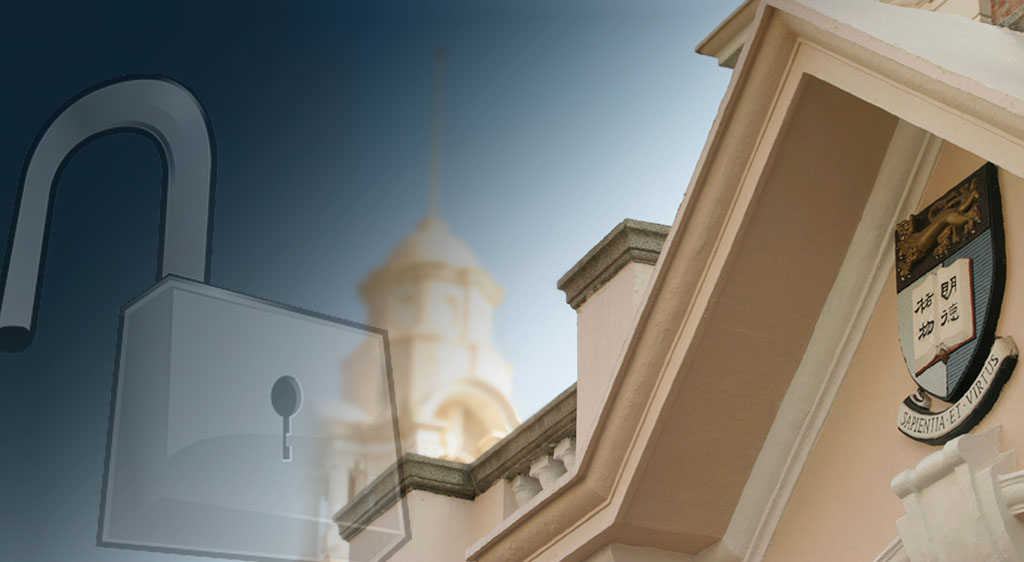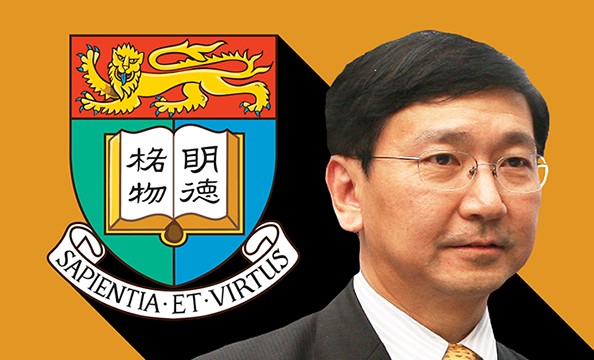By Bryane Michael
Hong Kong adopts more and more laws every year – leaving antiquated ones on the books. While the Legislative Council passes new laws it fails to eliminate old laws which no longer serve society. The recent scuffle over the appointment of Pro-Vice Chancellor Johannes Chan shows how leaving the Hong Kong University Ordinance from 1911 intact has led to problems in 2015.
The HKU Ordinance – like many other acts of the Legislative Council – directed Government resources to serve the common good. Yet, without expiry dates, these same laws give government continuing influence in matters from education to culture. A recent study found that excessive regulation costs Hong Kong banks $4 billion. The same study argues for a “regulatory guillotine” (or removal of old, ineffectual laws) in order to reduce burdens on banks, savers and taxpayers more generally. Yet, as the HKU scandal shows, uncut laws plague social institutions as well as financial ones.

An old law from 1911 – and not the whims of the HKU Governing Council – is the real culprit in the HKU governance saga. The Ordinance gives politically connected individuals powers they do not have in other upper-income jurisdictions (like the US, France, UK and so forth). The Ordinance governs in minute detail how the University should run. Even if the Governing Council recanted and appointed Johannes Chan tomorrow, the underlying problems and incentives would remain. The Legislative Council should have repealed the HKU Ordinance a long time ago – when society changed and the University no longer needed Government support.
Noted activists and scholars militating for democracy have similarly missed the point. They want to amend new legislation regulating the election of the Chief Executive. Yet, they say nothing about the thousands of pieces of law passed during the colonial period, when little democracy existed. Laws govern the way Standard Chartered Bank or the Red Cross should operate (Chapters 1136 and 1129 respectively). Where were the democracy protesters when Hong Kongers gave up the right for these organisations to run themselves?

Eliminating the Hong Kong University Ordinance and other zombie laws (like the Standard Chartered Ordinance and the literally hundreds of other laws which no longer serve) will do more for pro-democracy champions, and even Johannes Chan, than arguing over the way bureaucrats play a rigged game. Drafting expiration dates into laws (which require their review for relevance) might be one way to prevent future HKU scandals in the future. So might repealing old laws. As in other upper-income countries, if an independent review committee should find that the social value of a law exceeds its cost then the law should go.
Putting these thousands of laws under a regulatory guillotine might prevent the need for HKU alumni votes and Umbrella revolutions in the future. Reviewing these laws in the current democracy (no matter how flawed) might also shove far more democracy into Hong Kong’s governance than a squabble over electing a Chinese mayor.
Bryane Michael is currently a fellow at HKU Law Faculty’s Institute Centre for Comparative and Public Law. He formerly worked at the World Bank, OECD, and Columbia University and still works at Oxford University. The views expressed are the author’s personal views and not HKU’s.
